
Prime Minister Kyriakos Mitsotakis faced fierce criticism in Parliament on 12 November during discussions on the bill “Reforming the Institution of the Personal Doctor.” Mitsotakis attributed the delay in establishing the personal doctor system in Greece to initial underestimation and logistical issues, noting that 44% of insured citizens have yet to enrol. Opposition parties condemned the bill as commercialising health, with SYRIZA labelling health a “commodity,” the Communist Party calling it “degrading,” and Course for Freedom describing Greece’s public health as “collapsed.”
SYRIZA’s Nikos Pappas criticised the Prime Minister’s role, stating, “Health is treated as a commodity with this bill.” He added that patients, including cancer sufferers, bear full costs for treatments such as morphine. Pappas argued that the bill shifts responsibility onto individuals, disregarding public needs.
The debate intensified with a PASOK amendment proposing state funding for citizens who cannot register with a personal doctor due to shortages. PASOK argued this amendment would prevent citizens from bearing private healthcare costs. PASOK representative Dimitris Mantzos responded sharply to the government’s dismissal of the amendment, emphasising the party’s commitment to public healthcare. He noted Greece’s high private health expenditure and the significant financial burden on pensioners, who face multiple health-related charges.
Health Minister Adonis Georgiadis criticised the amendment as impractical, asserting that it could accelerate retirements within the NHS and worsen staffing shortages. He warned that implementing the amendment would cause approximately 7,500 doctors and nurses to retire early, exacerbating the system’s staffing crisis.
Opposition critiques and proposed amendments
Dimitris Koutsoubas of the KKE argued that the bill is part of a broader commodification of healthcare, downgrading public health by encouraging unqualified doctors to assume personal doctor roles and failing to address systemic issues like understaffing and inadequate resources.
New Left MP Theano Fotiou also condemned the bill, calling it an “anti-social” approach that undermines primary healthcare. She criticised provisions allowing non-specialists to serve as personal doctors after only a month’s training, which she labelled a “dangerous precedent.” The New Left proposed an alternative plan centred on robust public health networks, sufficient staffing, and a focus on universal registration for both adults and children.
Zoe Konstantopoulou from Pleussi Eleftherias voiced broader concerns, accusing the government of pitting social groups against one another and failing to engage in meaningful dialogue with Parliament. She argued that the bill, along with others impacting property and judicial matters, only serves narrow interests, undermining public trust in democratic processes.
PASOK and government clash over NHS staffing
PASOK’s amendment included a request to categorise doctors and nurses as working under “heavy and unhealthy” conditions, which would grant additional retirement benefits. Dimitris Mantzos argued that this classification is fair and necessary, given the high demands placed on healthcare workers. Georgiadis, however, claimed this would reduce the retirement age and drive a mass exodus of ESY staff, thereby worsening the healthcare crisis.
Amid the heated exchanges, SYRIZA’s Giorgos Karameros criticised the government’s approach to preventive healthcare, citing public panic from recent colon cancer screening tests and alleging misinformation. Deputy Health Minister Irini Agapidakis defended the programme, highlighting early detection successes and urging citizens to use preventive healthcare services without fear.
Public healthcare and the “personal doctor” debate
The institution of the personal doctor, a key part of the healthcare reform, has faced delays, logistical challenges, and lukewarm public reception. Mitsotakis attributed the slow uptake to an “underestimation” of the programme’s importance by both citizens and healthcare providers. He challenged PASOK’s opposition to the bill, accusing the party of trying to replace SYRIZA in leftist spaces, while criticising SYRIZA’s “partisan” opposition to health reform.
Mitsotakis’s government has promoted the personal doctor model as a way to streamline care, offering free primary healthcare through contracted private providers. The opposition, however, argued that this policy effectively dismantles the NHS by prioritising private providers, leaving patients without truly public healthcare.
Looking forward: A call for healthcare reform
As parliamentary debate on the bill continues, opposition parties vow to push for more comprehensive, universal, and public-centred healthcare reforms. They call for sustained investment in ESY infrastructure and staffing, a fair classification for healthcare workers, and free access to quality health services. Meanwhile, the government maintains that the personal doctor model will improve healthcare access, with Mitsotakis arguing it represents progress toward a modern, accessible system.
______________________________________________
Are you seeking news from Greece presented from a progressive, non-mainstream perspective? Subscribe monthly or annually to support TPP International in delivering independent reporting in English. Don’t let Greek progressive voices fade.
Make sure to reference “TPP International” and your order number as the reason for payment.





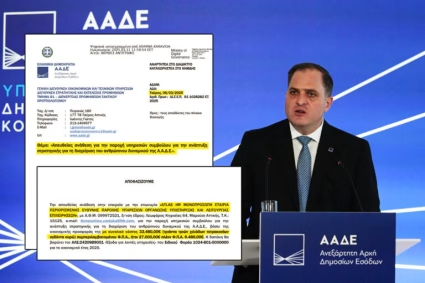




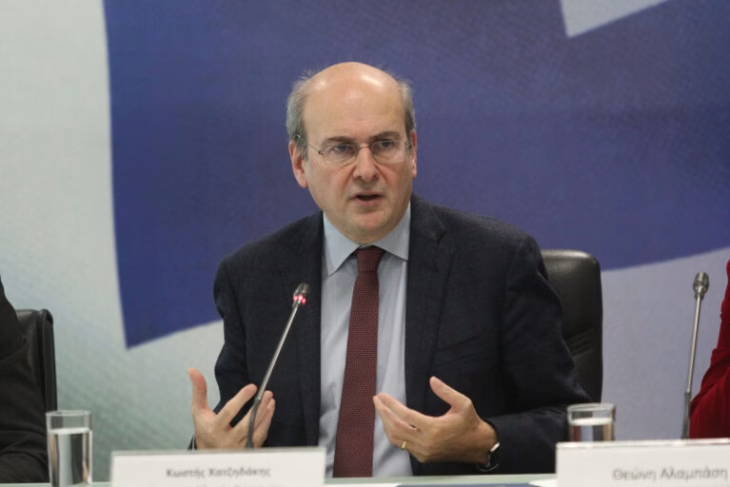
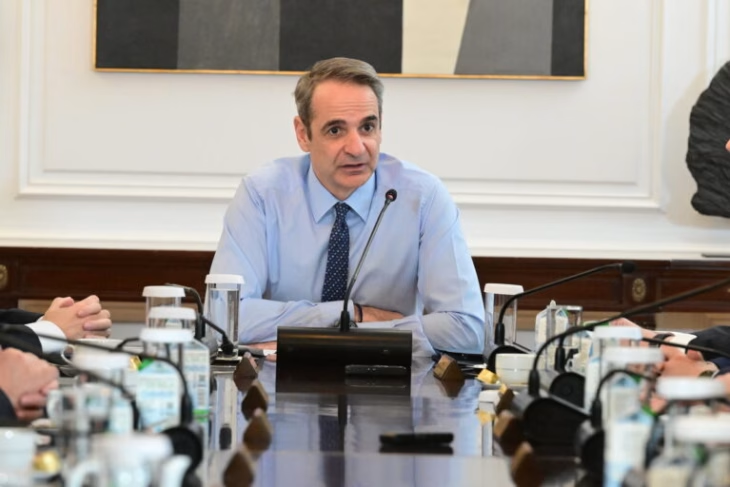







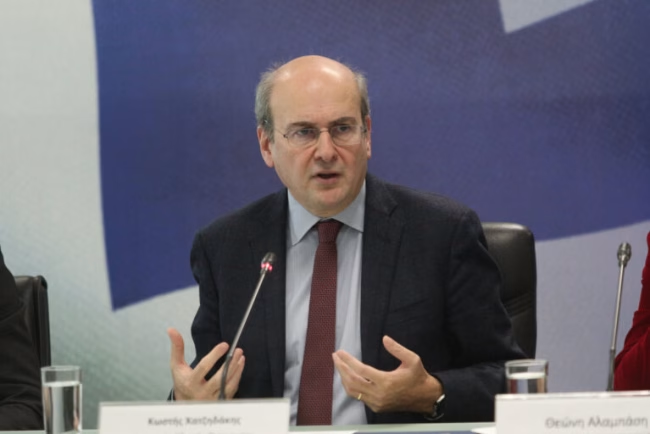
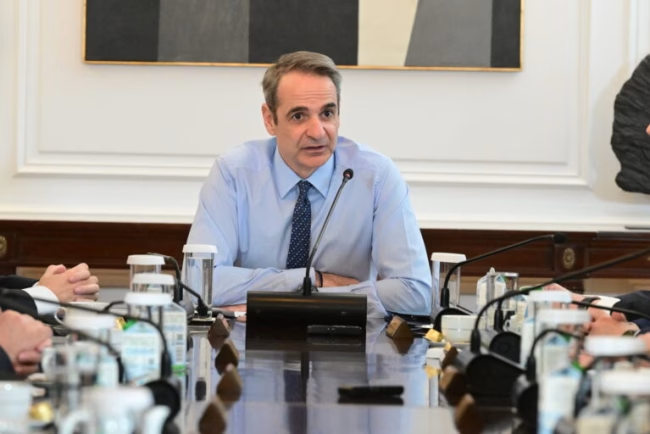

 Αναβαθμίστε την online παρουσία σας!
Αναβαθμίστε την online παρουσία σας! Χρειάζεστε επαγγελματική ιστοσελίδα αξιόπιστο hosting ή τεχνική υποστήριξη; Είμαστε εδώ για να σας παρέχουμε λύσεις τεχνολογίας που ξεχωρίζουν!
Χρειάζεστε επαγγελματική ιστοσελίδα αξιόπιστο hosting ή τεχνική υποστήριξη; Είμαστε εδώ για να σας παρέχουμε λύσεις τεχνολογίας που ξεχωρίζουν! Κατασκευή & φιλοξενία ιστοσελίδων
Κατασκευή & φιλοξενία ιστοσελίδων Επικοινωνήστε μαζί μας σήμερα
Επικοινωνήστε μαζί μας σήμερα